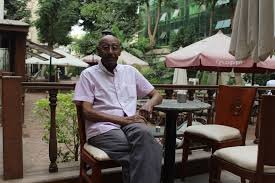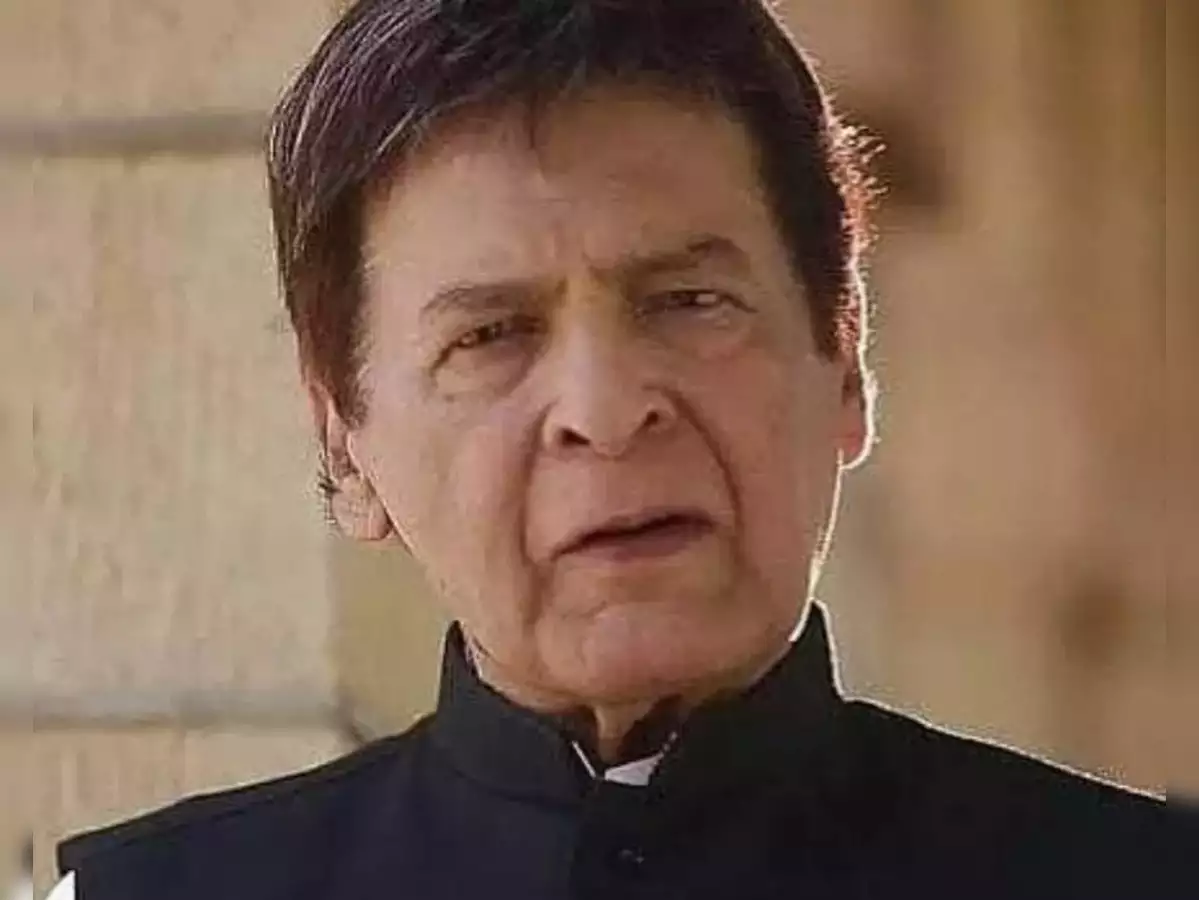Sudanese directors and actors embarked on a mission in Egypt this week, leveraging the power of cinema to shed light on the ongoing war ravaging their homeland and the world’s indifference to its plight.
Since mid-April last year, conflict has engulfed Sudan, pitting the regular army, led by de facto leader Abdel Fattah al-Burhan, against the paramilitary Rapid Support Forces (RSF), led by former deputy Mohamed Hamdan Daglo.
The toll has been staggering, with tens of thousands dead, millions displaced, and dire humanitarian crises unfolding amidst acute food shortages in the already impoverished nation.
At the Aswan International Women Film Festival, Sudanese filmmakers showcased five short films, offering poignant narratives that echo the silent struggles of their people.
Eiman Yousif, a Sudanese actress and human rights activist, emphasized the importance of amplifying their voices through art, even through modest artistic productions. She noted a newfound sense of freedom following the pro-democracy protests that toppled autocratic president Omar al-Bashir in 2019.
While Bashir’s regime stifled the film industry during its three-decade reign, the transition to civilian rule kindled hopes for a revival. However, these hopes were dashed amidst the power struggle between rival generals.
Determined to reignite hope, Sudanese filmmakers vow to persist. Mohammed al-Tarifi, a Sudanese director, highlighted the industry’s resilience, born out of decades of conflict and suffering.
Among the featured films was “A Brick for Them,” directed by Razan Mohammed, which chronicles the plight of displaced women. Another film, “Women of War” by Algaddal Hassan, explores the impact of conflict on the women of the Blue Nile state.
The Sudanese diaspora, now numbering around 500,000 in Egypt alone, serves as a fertile ground for artistic expression. Tarifi, now based in Cairo, believes this vibrant community will fuel further creative endeavors.
In the face of adversity, Sudanese cinema evolves, infused with the spirit of revolution. Amjad Abu Alala’s “You Will Die at 20,” the first Sudanese film selected for the Oscars and Venice Film Festival, exemplifies this new wave of storytelling.
As cinemas remain scarce in Sudan, Yousif underscores the simplicity of sharing stories: “All you need is a projector and a white wall to show people films.” In a nation yearning for change, the power of cinema transcends barriers, offering a glimpse of hope amidst turmoil.



